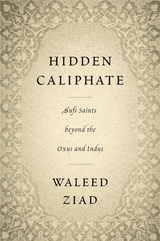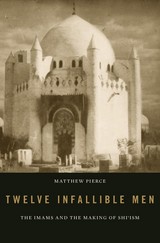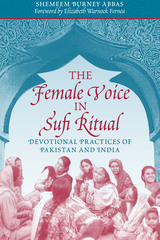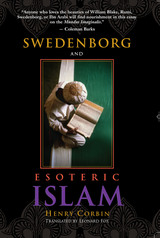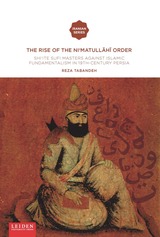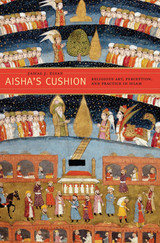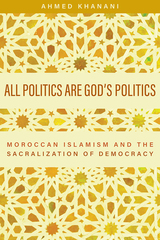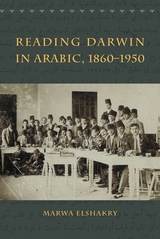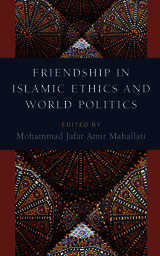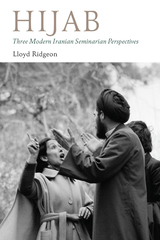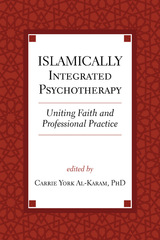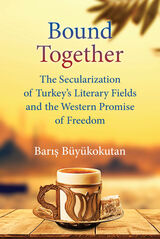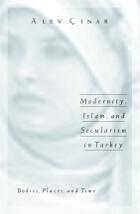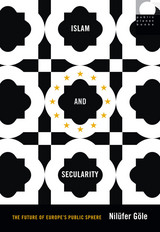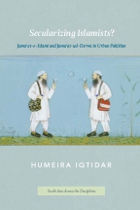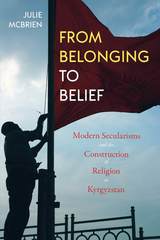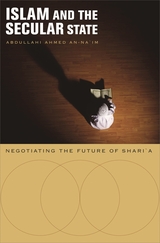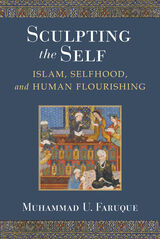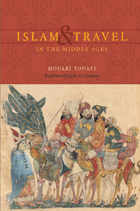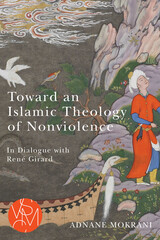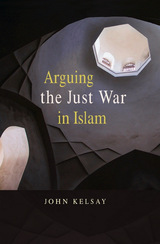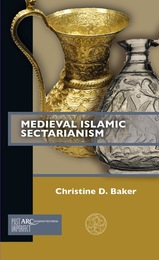Paper: 978-0-945454-40-3 | Cloth: 978-0-945454-39-7
Library of Congress Classification BP190.5.N38I86 2003
Dewey Decimal Classification 297.27
Islam is the religion of over one billion people and is practiced in virtually every country on earth. The articulation of an Islamic environmental ethic in contemporary terms is all the more urgent because Western-style conservation efforts do not fit all cultural and philosophical traditions.
This volume outlines the Islamic view of the cosmic order and reviews the ways an Islamic world view can be interpreted, reassessed, and applied to such environmental problems as pollution and water scarcity. Sections on social justice and on issues of sustainability and development look at the history and roots of the current environmental crisis; at the broader context of women's rights of equal access to both natural and social resources; and at the interconnectedness of environmental protection and the alleviation of human poverty.
See other books on: Baharuddin, Azizan | Environmental protection | Environmentalism | Human ecology | Wescoat Jr., James L.
See other titles from Harvard University Press

